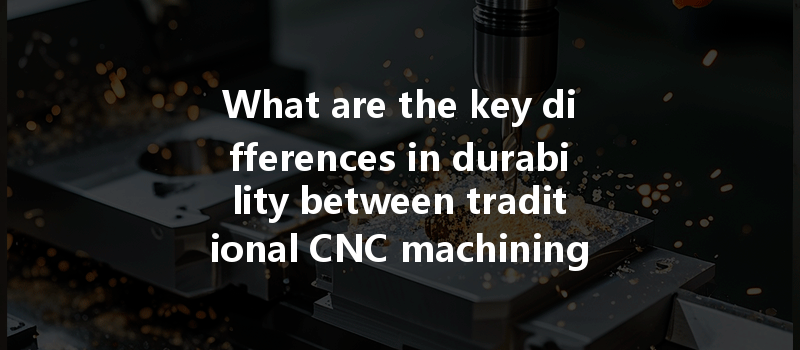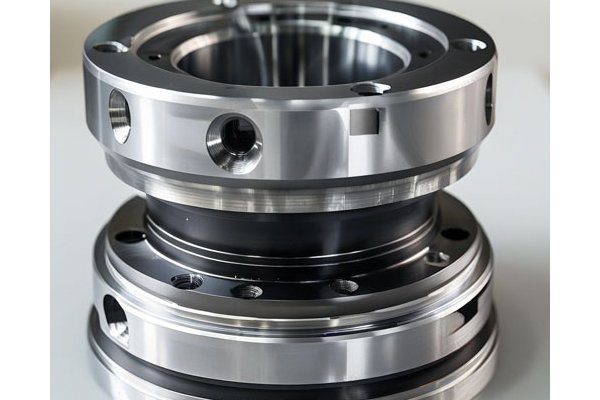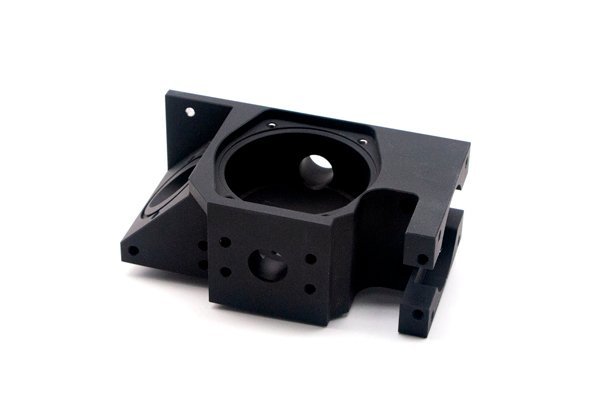Opening:
Did you know that the global CNC machining market is projected to surpass $100 billion by 2025? As industries demand higher precision and reliability, manufacturers are continually seeking innovative solutions to enhance the durability of machined parts. Among these solutions, Diamond-Like Carbon (DLC) coating has gained significant attention. But how does it stack up against traditional CNC machining methods in terms of durability? In this blog, we will delve into the nuances of traditional CNC machining versus DLC coated CNC machining, exploring critical differences, advantages, and how these technologies impact performance and longevity.
Content:
Understanding CNC Machining
CNC machining, or Computer Numerical Control machining, is a manufacturing process that utilizes computerized controls to automate machine tools. This method is widely favored for its ability to produce complex geometries with high precision and efficiency. However, as industries evolve, so do the challenges associated with traditional CNC machining.
One of the primary concerns in traditional CNC machining is tool wear. Continuous friction during the cutting process can lead to premature tool degradation, resulting in costly downtime and inconsistent part quality. The choice of material plays a critical role in the machining process, as some materials, such as aluminum and brass, tend to cause more wear compared to others.
Additionally, traditional machining requires careful selection of coolant to mitigate heat buildup, which can compromise the integrity of the machined parts. As a result, manufacturers often face trade-offs between speed, quality, and tooling costs.
The Breakthrough of DLC Coating
To mitigate these challenges, manufacturers have turned to DLC coatings, which offer a myriad of benefits over traditional machining methods. DLC coatings are a form of carbonaceous material that exhibit a unique combination of hardness, lubricity, and low friction properties, making them an ideal choice for enhancing the performance of machined surfaces.
When assessing the durability between traditional CNC machining and DLC coated CNC machining, several factors come into play:

Practical Applications and Industry Impact
The advancement of CNC machining technologies, including DLC coatings, is particularly impactful across several industries:
The future of CNC machining will undoubtedly expand with ongoing innovations in material science and surface engineering. Research iscontinuing in developing new types of coatings that can surpass current limitations, focusing on eco-friendliness, affordability, and even greater precision.
New techniques such as thin film technology and advanced plasma coating are already emerging, paving the way for even more robust applications in various sectors.
Ending:
In summary, the differences in durability between traditional CNC machining and DLC-coated CNC machining hinge on several factors, including tool longevity, part quality, and cost-effectiveness. As manufacturers aim for precision and reliability, DLC coating emerges as a transformative solution, enhancing the performance of CNC machined parts across diverse industries.
Understanding these technologies is not just a matter of keeping up with trends; embracing advanced solutions like DLC coatings can significantly impact manufacturing processes, leading to improved efficiencies and reduced operational costs. As we navigate an era driven by technology and innovation, the move towards superior machining practices is imperative for future success.
In this context, staying informed about the latest developments and understanding the benefits of enhanced machining solutions could be the deciding factor in maintaining competitiveness in a rapidly evolving market. It’s worth taking the time to consider how adopting these advancements can shape the future of manufacturing.
—
Related Posts
- How Can Automation in CNC Machining Improve Efficiency and Quality in Manufacturing Processes?
- What are the 20 key issues and factors to consider when choosing CNC machining services?
- Here’s a question-style FAQ title selected from your keyword list: How does CNC machining improve the surface quality of 6061 aluminum and PEEK plastic parts?






